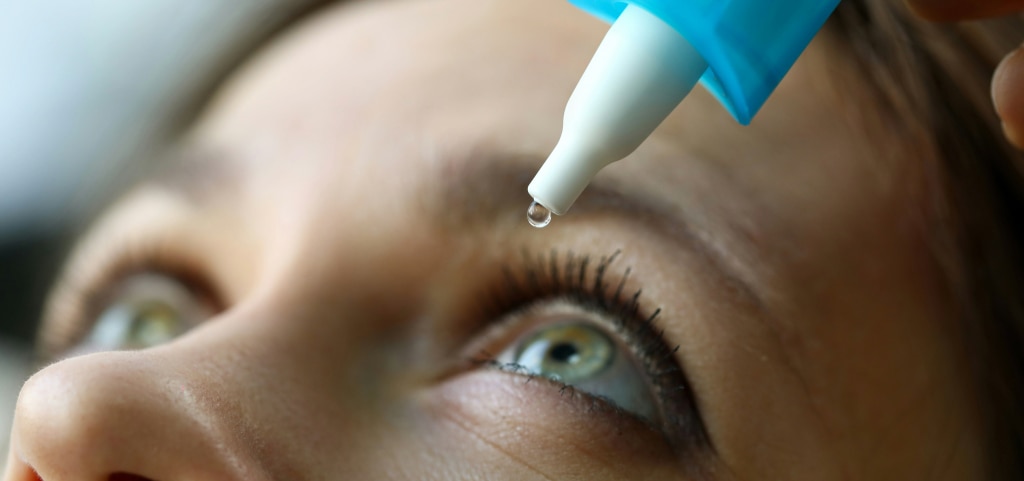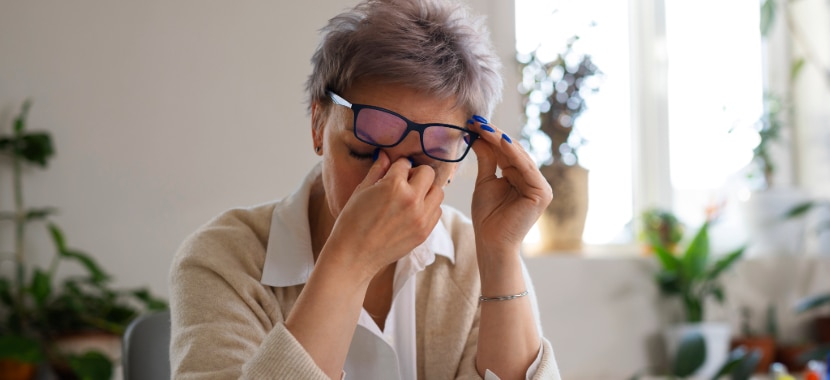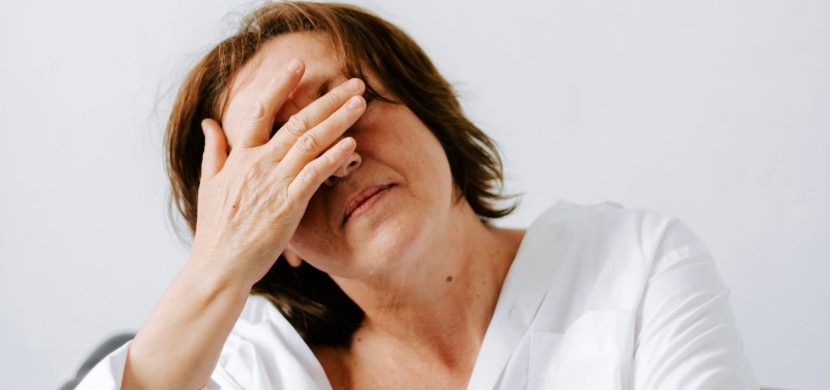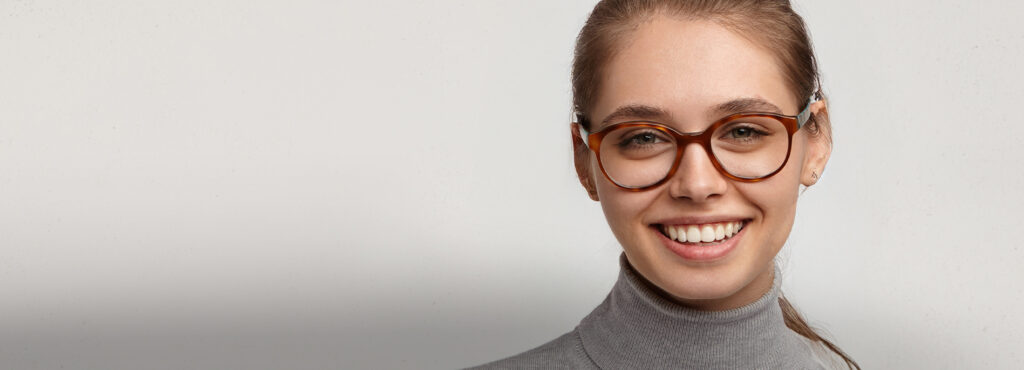Menopause is a natural stage of life that can affect women both physically and emotionally. While hot flushes, mood swings and sleep disturbances are widely discussed, fewer people know that fluctuations in hormones caused by menopause can also impact eye health and vision.
This World Menopause Day, we’re here to shed light on how hormone changes affect your eyes and share practical ways to protect your vision.
What’s the connection?
During perimenopause and menopause, levels of progesterone, androgen and oestrogen naturally fall. These hormones don’t just affect your reproductive system; they also help maintain healthy eye tissues, including the cornea and oil glands that protect the eye’s surface.
When hormone levels drop, it can lead to uncomfortable changes: dryness, sensitivity and even subtle shifts in eye shape that can impact the fit and feel of contact lenses. Blurred vision may occur, too. But don’t worry, these changes are only ever very slight and can be easily resolved with a new prescription.
That’s why regular eye tests are essential. They help spot changes early, keeping your vision clear. If you wear contact lenses, you may also benefit from switching to glasses more often.



Dry, irritated eyes
Dry eye syndrome is among the most common symptoms of menopause. According to the Society for Women’s Health Research, around 61% of women going through menopause experience this issue. Many postmenopausal women describe their eyes as feeling scratchy, sore or fatigued as a result.
The decline in androgen and oestrogen levels impacts all layers of the tear film. This reduces tear production, lowers tear quality and makes tears evaporate faster. With less natural lubrication, the eyes often become dry and uncomfortable.
Tips to soothe dry eye symptoms:
- Use lubricating eye drops (or artificial tears) to restore moisture.
- Enjoy a diet rich in antioxidants, omega-3 fatty acids, zinc and vitamin A and C to support eye health and wellbeing.
- Speak to your doctor about food supplements that can help.
- If symptoms persist, an eyecare professional can recommend prescription options as an alternative to over-the-counter eye drops.



Blurred or changing vision
Hormonal changes may temporarily affect your prescription. You might notice your reading glasses feel less effective, or your vision changes slightly. While usually short-term, these shifts can still be frustrating.
How to deal with vision changes:
- Regular eye exams help ensure you have the right prescription.
- Optometrists can check for underlying eye problems.
- If you wear varifocals, your optician can adjust your lenses for enhanced comfort and sharper clarity.



Increased light sensitivity
Many women report greater sensitivity to light during menopause. Bright sunlight, computer screens or car headlights at night may feel harsher than before.
The best eyewear for light-sensitive eyes:
- Anti-reflective lenses reduce glare and make vision more comfortable.
- Sunglasses with UV protection help shield your eyes outdoors.



Risk of age-related conditions
Menopause doesn’t just bring short-term changes. Over time, reduced hormone protection can increase the risk of age-related eye diseases such as cataracts, glaucoma and macular degeneration. In rare cases, untreated conditions can affect the optic nerve and cause vision loss.
That said, it’s important to remember that eye health also changes naturally with age, making it difficult to separate how menopause affects the eyes from general ageing.
Stay ahead:
- Book an eye test every two years, or sooner if you notice changes.
- Discuss hormone replacement therapy (HRT) with your doctor if you’re considering it as part of a wider menopause treatment plan.


The bottom line?
Menopause can affect your eyes in many ways. Fluctuating hormones can bring on a range of eye conditions, from dry, irritated eyes and blurred vision to increased light sensitivity and a higher risk of long-term eye disease. The good news is, with proactive eyecare, nutrition, supplements and regular eye exams, you can manage these changes and protect your vision, keeping your wellbeing on track.
At Glasses Direct, we’re here to support you at every stage of life, with a wide range of stylish reading glasses, varifocals, blue-light options and everyday eyewear designed to keep you confident and comfortable. Take the next step by exploring our collection today and find glasses that work for you!





